After The Scam Ends, Victims Show Emotional Changes – Some Good And Some Bad
Here Are Both Good And Bad Emotional States To Help You Self-Evaluate
===========================
Signs of Poor Emotional Health
Some warning signs can tell you whether your emotional health is vital or solid.
Here are some signs to watch for that your emotional health may be suffering. We often see these in scam victims.
YOU ARGUE A LOT
Disagreements or arguments are normal and can occur at times, but they become frequent if you do not manage your emotions well. If you find that you are arguing a lot with loved ones, co-workers, strangers, or friends, your emotional health is suffering. You are likely not reading or understanding other people’s emotions, struggling to understand your sources of anger, or caught in a perpetual cycle of negative emotions.
YOU FAIL TO HEAR OTHER’S PERSPECTIVES
Those with a poor ability to manage their emotions often feel like they are always right, and that others are wrong, even before hearing from the other person. Being overly critical of others without hearing their side is also a sign that you neglect other people’s emotions. Trauma after the scam ends polarizes your views and it makes it difficult to hear the advice of professional care providers.
YOU ARE LIVING IN DENIAL
If there are times when you are using ridicule, threats, or force to coerce other people into action, then your emotional health is damaged. When you use bullying to manipulate others, you’re coping with a lack of self-worth or confidence by making others feel horrible about themselves. You may be feeling isolated or insecure, but these behaviors are a clear indication that you are in trouble and need to focus on your emotional well-being. This is commen when victims believe that no one understands or cares about them.
YOU BULLY OTHERS
If there are times when you are using ridicule, threats, or force to coerce other people into action, then your emotional health is damaged. When you use bullying to control other people, you are making up for a lack of self-worth or confidence by making others feel bad. You may be feeling alone or insecure, but these behaviors indicate that you are in distress and need to focus on your emotional well-being. This especially can happen when around other victims who you feel may not have suffered as much as you have. Or with support providers if they are not doing what you think they need to be doing.
YOU CAN’T UNDERSTAND OTHER’S FEELINGS
If you walk around all day asking, What is WRONG with people? You may be lacking emotional awareness and control. Failure to understand why other people might be angry, sad, irritated, or even happy can lead to miscommunication, annoyance, arguments, and many other negative encounters. Some people have a hard time understanding other people’s emotions, which makes it even more important to concentrate on honing this talent and practicing it regularly. Some people have a hard time understanding other people’s emotions, which makes it even more important to focus on honing this talent and practicing it regularly.
YOU WITHDRAW FROM OTHERS
If you find yourself not wanting to participate in group activities or be around other people, your emotional health may be suffering. While we all need to be alone from time to time, when you find that you would always rather be alone than with others, there is a good chance you are not dealing with your emotions in a very healthy way. You could be withdrawing due to shame, feeling overwhelmed, not having the energy to deal with others’ needs, insecurity, or depression. And when you isolate yourself, you can create even more emotional problems, including distortions in your thinking and loneliness.
YOU BLAME OTHER PEOPLE
If you struggle with emotional intelligence and awareness, you most likely lack understanding of how your emotions affect others and cause difficulties. Your first response is generally to blame other people for whatever problems arise or to refuse to take responsibility for how they are affecting other people. Often victims cannot stop blaming themselves but it manifests in blaming others – because no one is saving you.
YOU ARE HARMING YOURSELF
There are several types of self-harm, but this behavior is a sign that you are trying to control emotional pain by influencing physical punishment upon yourself. Self-harm can include anything from starving yourself, cutting, binge eating, reckless behavior, or anything else that puts your health and safety at risk. But in reality, psychological self-harm can be just as bad.
An Important Concept: Self-harm is a clear sign that you are not handling your emotions and may need support and even professional help from mental health specialists to help you get them under control.
YOU USE OR ABUSE SUBSTANCES
Using drugs, alcohol, or other substances to help you get through intense emotions indicates that you are not dealing with these feelings effectively. These substances are often used to numb pain or to make you forget why you are upset. It is far healthier to learn to cope in healthier, more productive ways rather than relying on drugs or alcohol to help you manage your emotions.
===========================
If you find that you match any of these, then you should discuss this with your counselor or therapist, and in a support group. Ignoring these signs can only lead to more difficulties in the future!
===========================
Characteristics of Good Emotional Health
Since we’ve gone over the notice signs of poor passionate wellbeing, it’s likewise significant to get what enthusiastic wellbeing resembles. Sincerely solid individuals share a few common attributes and propensities that lead them to comprehend and deal with their feelings. Here are the most widely recognized of those qualities:
The more self-aware you are (knowing and understanding yourself quite well, or having conscious knowledge of one’s character and feelings), the better you will understand yourself, the sources of your feelings, and how your emotions influence you. Emotional management requires self-awareness. It incorporates how you see yourself as well as how you might suspect others see you.
YOU ARE SELF-AWARE
When you consider how others perceive you, you are open to candid feedback. Being self-aware entails frequent introspection.
YOU HAVE EMPATHY
When you have empathy, you can place yourself in someone else’s position and understand what they are feeling from that frame of reference. It means that you feel emotions in response to the sentiments of others, along with effectively identifying and understanding how others may be feeling. Empathy is the thing that allows you to connect with others and feel for them when they are suffering or celebrating.
YOU ARE ADAPTABLE
When you are emotionally healthy, you can recognize when you need to stick to your planned course and when you need to switch lanes. Being adaptable allows you to respond to situations as they arise and to be more resilient to the inevitable obstacles and setbacks in life. Adaptability enables you to choose a new path when your current one is keeping you from experiencing real happiness.
YOU ARE OPTIMISTIC
A positive, optimistic outlook on the future is essential for your emotional health. When you have a positive outlook on the long term, you are more likely to seek solutions to problems, overcome obstacles, and set higher goals than if you have a pessimistic perspective. Optimism is a controllable attitude, and when you choose to be positive every day, you are more likely to experience positive outcomes and have better emotional health.
YOU BELIEVE IN YOUR RECOVERY
Emotional health and development must believe in yourself and your ability to control and regulate your life. Having faith in your future and your present, and trusting that everything happens for a reason, can help you streamline your emotions and gain control over your life and actions.
YOU ARE CURIOUS
Curiosity implies an openness to improvement and continuous learning, which can aid in the maintenance of emotional health over time. Curiosity allows you to grow and strive to be your best all of the time. When you are curious, you ask yourself and others questions about yourself and the world.
YOU ARE ANALYTICAL
Being able to take in, process, and analyze information will allow you to make critical decisions in your life using logic and reason rather than emotion. Analytical thinking permits you to examine old habits, perspectives, or behaviors to see if they are still beneficial to your life. An analytical mind allows you to consider the “why” of your existence, which not only grounds you but also allows you to care passionately about the values and beliefs that guide your life.
YOU ARE DISCERNING
Emotionally healthy people can tell the difference between their personal needs and wants, which allows them to make healthier, informed choices in their lives. Being emotionally healthy entails prioritizing your needs over your desires.
===========================
YOUR MENTAL HEALTH IS NOT JUST A QUESTION OF BEING BROKEN
It is about you being able to recover from these terrible experiences and live a happy fulfilling life again. It is important to pay close attention to your emotions and work with professionals that not only understand these issues but can help put you on the path to recovery.


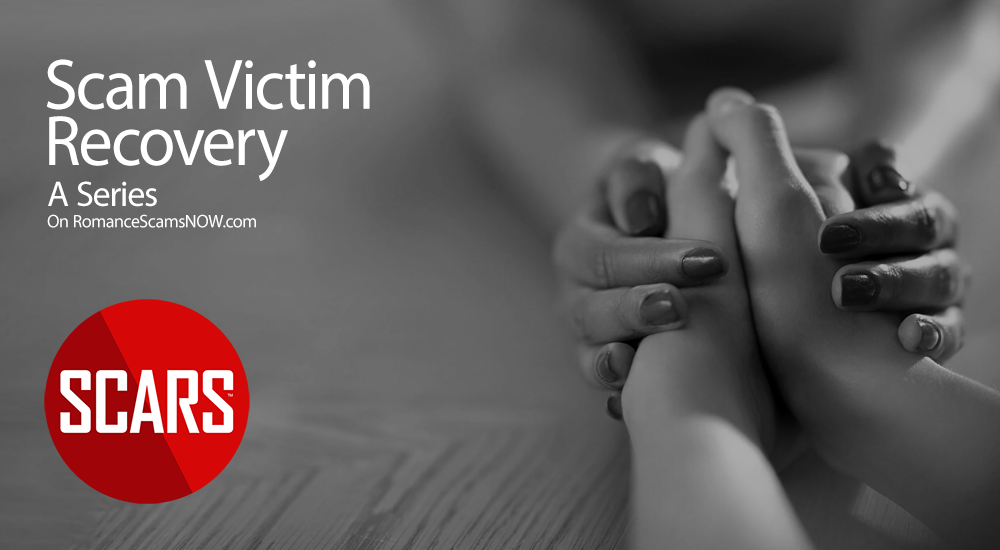

![An Example of How Scammers Use Emergency Scams - 2014 [UPDATED 2024] - on SCARS RomanceScamsNOW.com](https://romancescamsnow.com/wp-content/uploads/2014/06/emergency-scams.png)
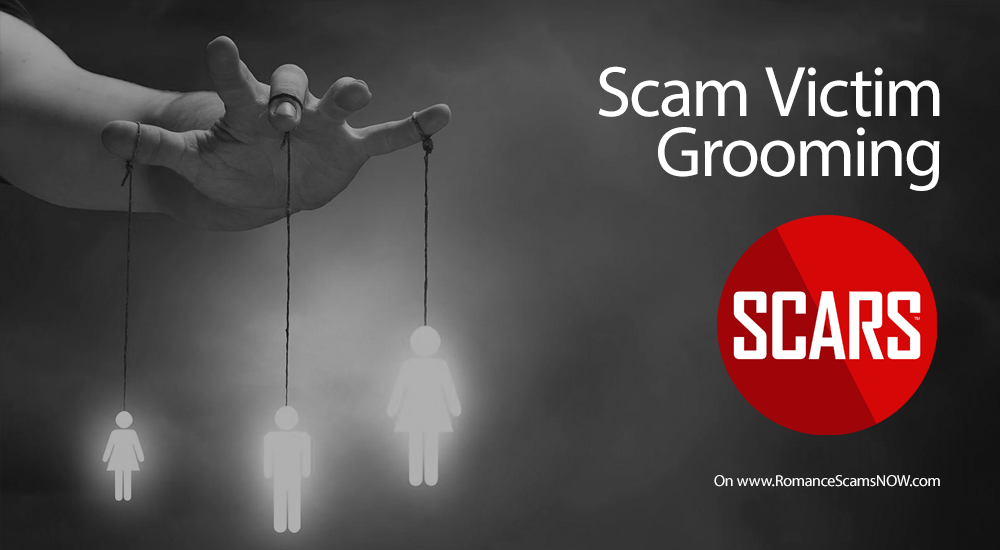

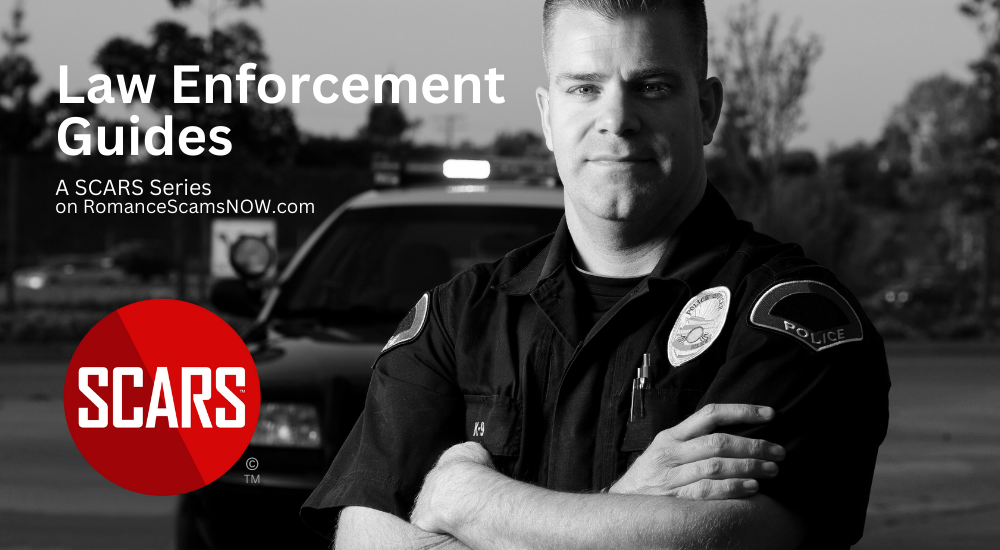
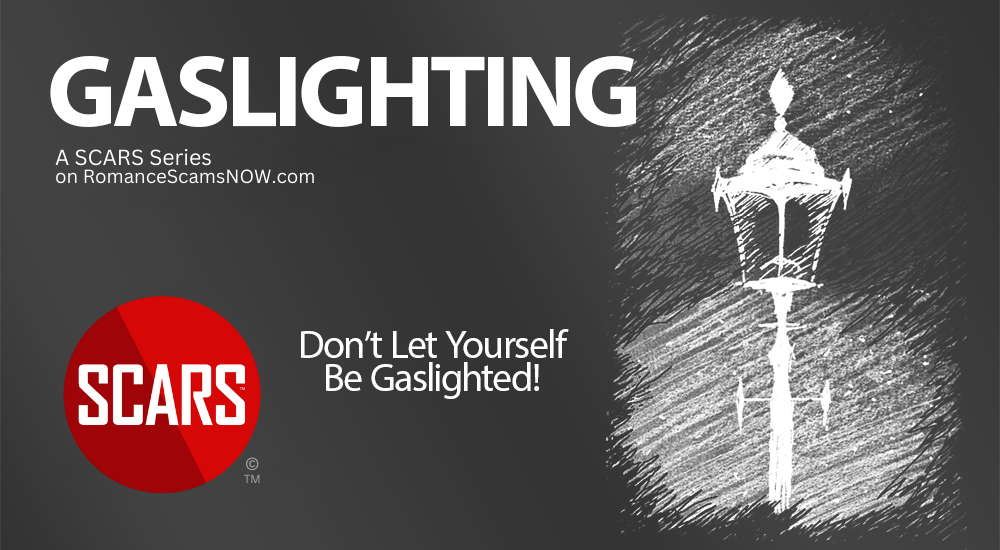
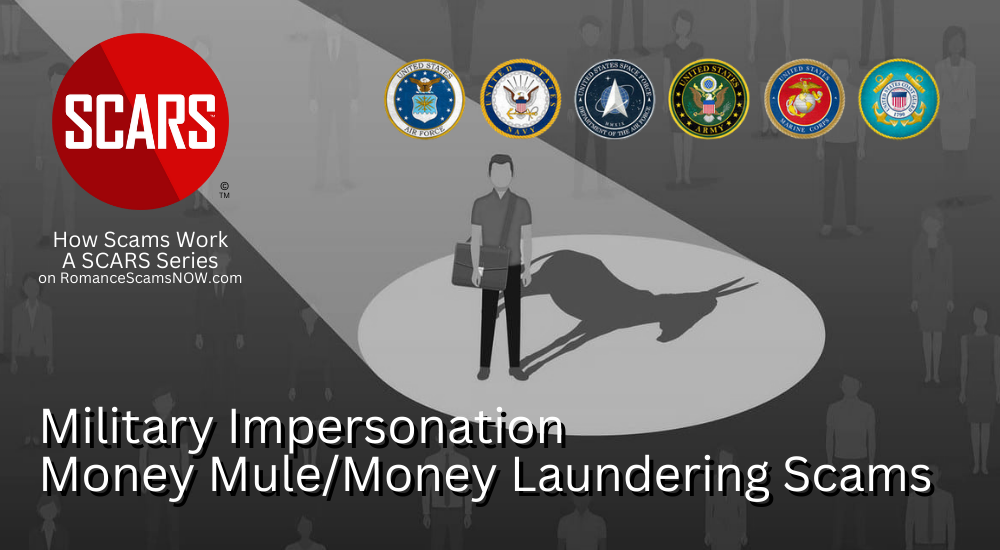

Please Leave A Comment - Tell Us What You Think About This!